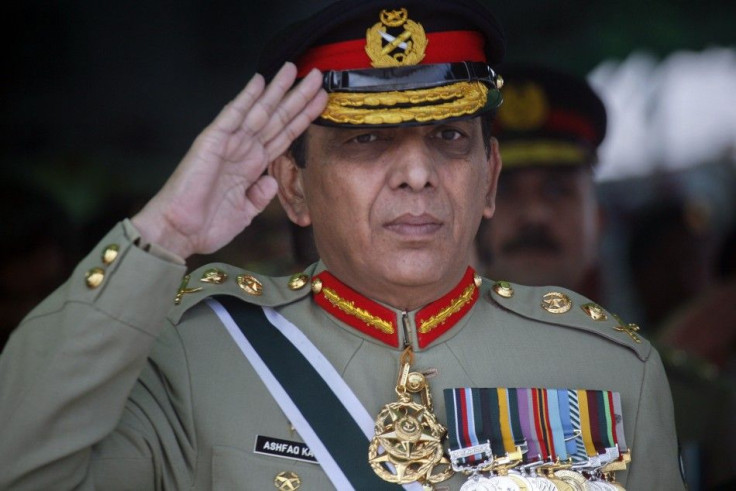Pakistan Army Chief Warns U.S. Against Military Action in North Waziristan

General Ashfaq Parvez Kayani, the chief of the Pakistani army, has warned the U.S. against making any unilateral military action in North Waziristan to flush out Haqqani militants.
According to BBC, Kayani said that Washington should focus on stabilizing the situation in Afghanistan instead of pressuring Pakistan to hunt down suspected militants in the lawless mountainous hinterlands along the border of the two nations.
The Haqqani network has been blames for a series of cross-border attacks against U.S. and Afghan targets, including a deadly assault on the U.S. embassy in Kabul.
Haqqani is closely linked to the Taliban and has been described by the U.S. and one of the biggest threats to NATO forces in Afghanistan.
If someone convinced me that all problems will be solved by taking action in North Waziristan, I'd do it tomorrow, Kayani reportedly told a parliamentary briefing session in Rawalpindi.
If we need to take action, we will do it on our schedule and according to our capacity.
BBC also reported that Kayani told a parliamentary defense committee that the withdrawal of U.S. troops would not necessarily hurt Pakistan’s military strength.
Reportedly, Thomas E. Donilon, the U.S. national security advise, told Kayani at a secret meeting in Saudi Arabia earlier this month that his army must either kill the Haqqani chiefs or assist the US in killing them.
Meanwhile, relations between the U.S. and Pakistan continue to deteriorate –they’ve been on a downward spiral since Osama bin Laden was found (and killed) in a compound near Islamabad in May.
Tensions between the U.S. and Pakistan reached a new paradigm last month when Admiral Mike Mullen, the chairman of the U.S Joint Chiefs of Staff, openly accused Pakistan's ISI intelligence network of having direct ties with Haqqani and conspiring with the militant group to attack the US embassy in Kabul.
© Copyright IBTimes 2024. All rights reserved.





















